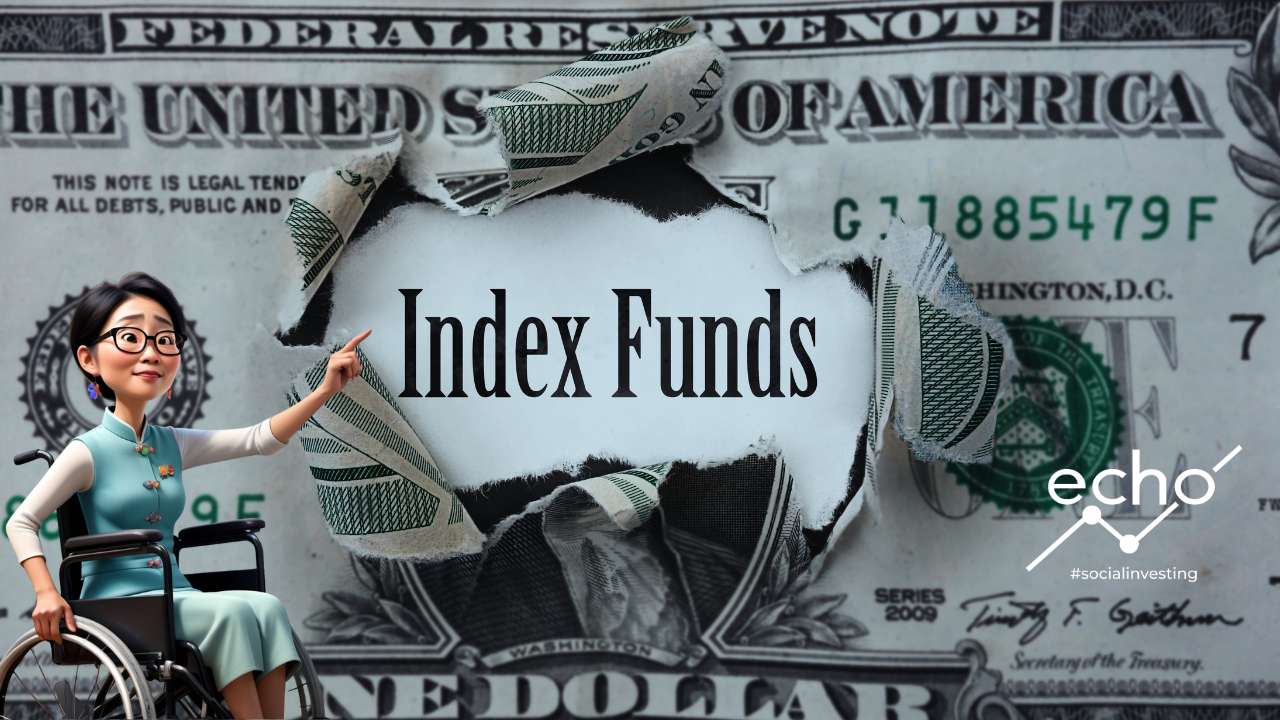
Index Funds: A Smart Investment for Long-Term Financial Success
Investing is a crucial part of building financial success, and index funds have become one of the most popular ways to grow wealth over time. Whether you’re just starting or refining your investment strategy, understanding how index funds fit into your short-term and long-term financial plan is essential.
In this blog, we’ll explore:
✔ What index funds are and how they work
✔ Why they are a great investment choice
✔ How they fit into short-term and long-term financial goals
✔ Tips for maximizing returns
What Are Index Funds?
An index fund is a type of mutual fund or exchange-traded fund (ETF) designed to replicate the performance of a specific market index, like the S&P 500, Dow Jones Industrial Average, or Nasdaq 100. Instead of picking individual stocks, an index fund passively tracks a collection of stocks that represent a segment of the market.
How Index Funds Work
They invest in all (or most) of the companies in a given index.
Since they follow an index, they require minimal management, leading to low fees.
Over time, they tend to outperform actively managed funds due to low costs and broad market exposure.
Why Index Funds Are a Smart Investment
✔ Low Fees – Index funds don’t require expensive fund managers, keeping costs low (expense ratios often under 0.1%).
✔ Diversification – By investing in an index, you spread risk across multiple companies instead of betting on a few.
✔ Consistent Growth – Historically, index funds (especially S&P 500 funds) have provided average annual returns of 7-10%, making them reliable for long-term wealth building.
✔ Lower Risk – Since they track the broader market, index funds are less volatile than picking individual stocks.
Index Funds in Your Financial Success Plan
Short-Term Use: Are Index Funds a Good Idea?
Index funds are not ideal for short-term investments (under 5 years) because:
Markets can be volatile in the short term, causing potential losses if you need to withdraw money quickly.
They work best with a longer time horizon to benefit from compounding growth.
???? Better short-term options:
High-yield savings accounts for emergency funds.
Money market funds for cash reserves.
Short-term bond ETFs for moderate growth with lower volatility.
Long-Term Use: The True Power of Index Funds
For long-term financial goals (5+ years), index funds shine. Whether you're saving for retirement, a home, or financial independence, they provide:
✔ Steady growth over time – Historically, the stock market has always gone up over decades, despite short-term dips.
✔ Compounding returns – Reinvesting dividends accelerates wealth accumulation.
✔ Tax efficiency – Index funds often trigger fewer taxable events than actively managed funds.
???? Best Ways to Invest in Index Funds for the Long Term:
Retirement Accounts (401(k), IRA, Roth IRA) – Take advantage of tax benefits while growing wealth.
Brokerage Accounts – For flexible, long-term investing with fewer restrictions.
Dollar-Cost Averaging (DCA) – Investing consistently (e.g., monthly) smooths out market fluctuations.
How to Maximize Returns with Index Funds
???? Choose the Right Index Fund:
S&P 500 Index Funds – Best for broad U.S. market exposure.
Total Stock Market Index Funds – Even more diversified (includes small- and mid-cap stocks).
International Index Funds – Exposure to global markets.
Sector Index Funds – If you want exposure to industries like tech or healthcare.
???? Stay Invested for the Long Haul – The longer you stay in the market, the higher your chances of strong returns.
???? Reinvest Dividends – Many index funds pay dividends, which you can reinvest for compound growth.
???? Keep Costs Low – Stick to index funds with low expense ratios (0.1% or lower).
Final Thoughts: Are Index Funds Right for You?
Index funds are a cornerstone of smart investing—ideal for long-term growth, retirement savings, and financial independence. While they may not be the best choice for short-term needs, they are one of the most effective ways to build wealth over time with minimal effort and risk.
✅ Want to start investing? Look for a low-cost index fund and begin contributing regularly—your future self will thank you!
Invite Friends & Colleagues
Post On